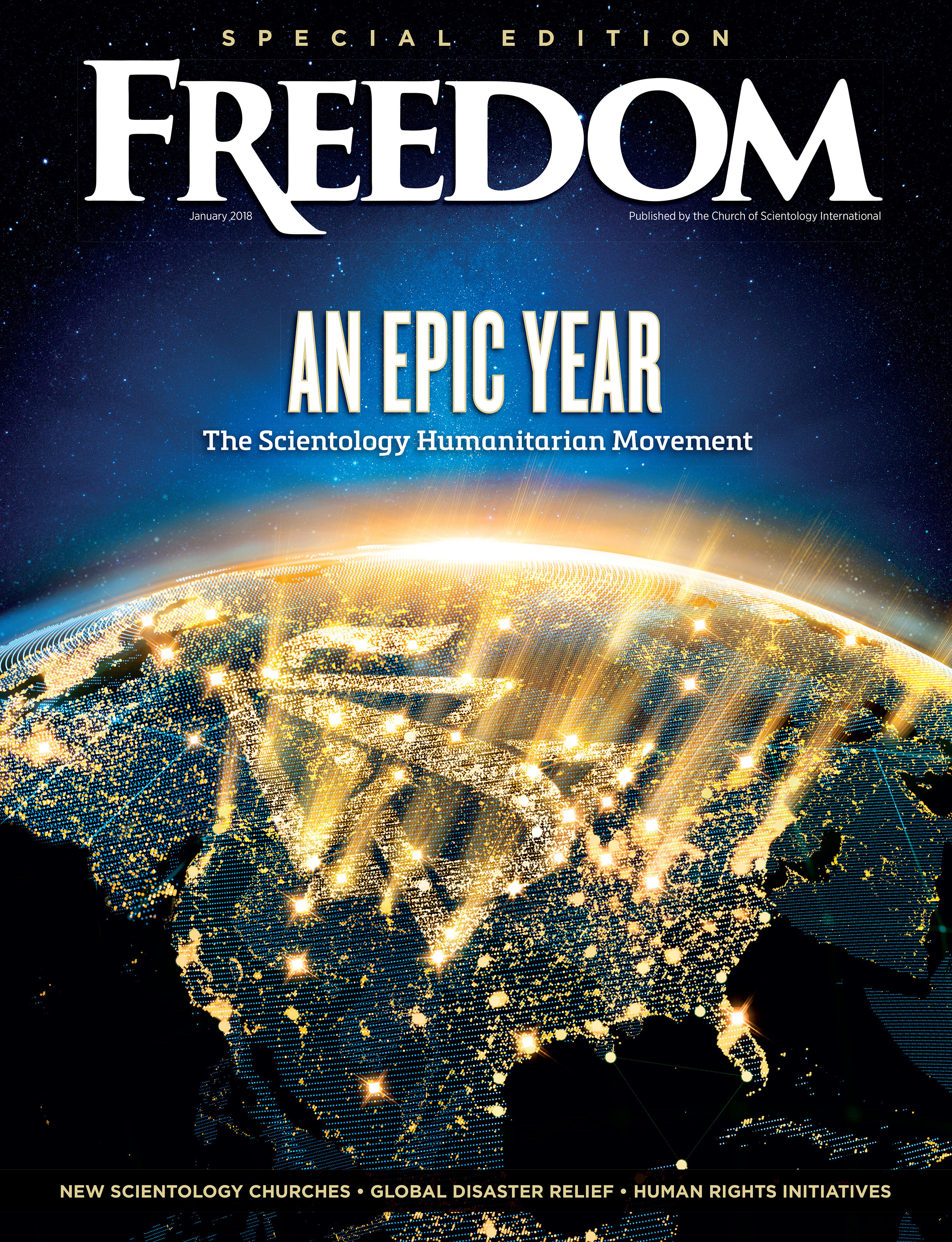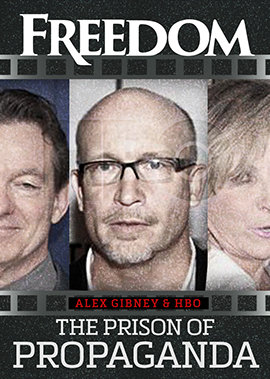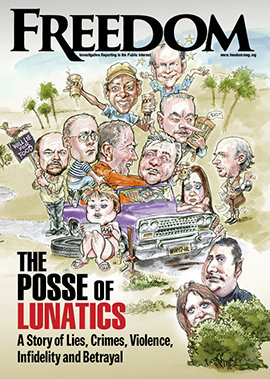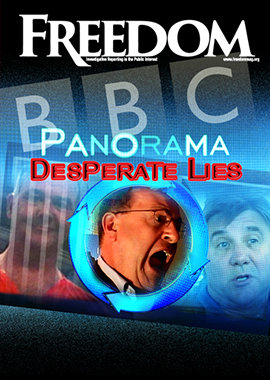Which drug an unsuspecting user actually took is often discovered only during the autopsy, just before they’re laid in their coffin.
The mounting death toll demanded action. And with overwhelming support, the House and the Senate have just passed into law the HALT All Lethal Trafficking of Fentanyl Act, leaving no doubt where America stands when it comes to the terrible drug.
“The HALT Fentanyl Act is now the law of the land, marking a major victory in America’s fight against fentanyl.”
The law permanently classifies fentanyl-like copycat drugs as Schedule I drugs under the Controlled Substances Act, with anyone caught manufacturing, possessing, smuggling or selling 100 grams or more of fentanyl or fentanyl-like drugs now facing a mandatory 10-year prison sentence.
The law thereby closes a loophole long exploited by cartel chemists, who would tweak fentanyl’s formula just enough to skirt the law. With all fentanyl-related substances now permanently classified as Schedule I controlled substances, it is illegal to manufacture, possess, traffic or sell any of them.
In other words, fentanyl variants have always looked like fentanyl, gotten people high like fentanyl and killed like fentanyl—but now, they can earn their dealers a spot in prison, just like fentanyl.
“The HALT Fentanyl Act is now the law of the land, marking a major victory in America’s fight against fentanyl,” Senator Chuck Grassley, sponsor of the bill, said. “By permanently classifying fentanyl-related substances as Schedule I, the HALT Fentanyl Act will save American lives and prevent deadly fentanyl knockoffs from making their way into Iowa communities,” thereby “creating a safer America.”
In other words, the bill spells doomsday for the dealers of powdered death.
Facing Fentanyl, a nonprofit coalition of families and advocates, calls the fentanyl wave “the deadliest drug crisis in American history,” noting that, “it’s cheap, potent and deadly. If it didn’t come from a licensed pharmacy, you can’t trust it. One pill, one time, is all it takes to die.”
A synthetic opioid that can be 50 times stronger than heroin and 100 times stronger than morphine, fentanyl is vicious. Just 2 milligrams, about the size of a few grains of salt, can kill you.
Senate Majority Leader John Thune said the new legislation “gives law enforcement a critical tool to go after the criminals bringing this poison into our country and selling it on our streets.”

A White House document about the legislation states: “Under the HALT Fentanyl Act, anyone who possesses, imports, distributes or manufactures any illicit FRS [fentanyl-related substances] will be subject to criminal prosecution in the same manner as any other Schedule I controlled substance.
“First, we close the loopholes criminals use to skirt around the law. Second, we make it easier for law enforcement to prosecute those criminals.”
Present for the bill’s signing was Jackie Siegel, who lost her 18-year-old daughter to opioids and her sister to fentanyl. Siegel said her sister, “did a line of cocaine that she thought was cocaine and was fentanyl.”
Siegel formed Victoria’s Voice, named after her daughter, to fight the opioid crisis. She said the deaths turned “my pain into passion” to battle the scourge.
The fight, however, doesn’t stop at home. Most fentanyl precursor chemicals originate in China and make their way to Mexico, where cartels convert them into fentanyl or fentanyl-like substances, which they use to lace other drugs or to manufacture counterfeit versions of popular opioids.
In the last fiscal year, 21,100 pounds of fentanyl were seized at the Mexican border. By comparison, fentanyl discovered to be coming into the US from Canada added up to only 43 pounds.
Huge profits make it difficult to stop the smuggling.
Authorities in northern Mexico recently discovered roughly 70 pounds of fentanyl hidden inside boxes of sliced cactus, with an estimated street value of $6.5 million.
The Church of Scientology–sponsored Foundation for a Drug-Free World has actively battled fentanyl through the publication and distribution of “The Truth About Fentanyl,” one of 15 Truth About Drugs booklets. To date, 160 million copies of these booklets have been distributed in 17 languages across 188 countries to warn people of the dangers of drugs.
In a February letter to the Senate Judiciary Committee, 25 state attorneys general wrote: “To ensure that law enforcement can continue to prosecute the sale and use of illicit fentanyl analogues, [we] respectfully ask the Senate to permanently schedule all current and future fentanyl analogues as Schedule I drugs by passing the vital HALT Fentanyl Act as soon as possible.”
“Placing fentanyl analogues on Schedule I must be done permanently,” the attorneys general argued in their letter. “Permanent scheduling allows the criminal prosecution of anyone caught possessing, distributing or manufacturing illicit variations of the drug,” eliminating “lengthy litigation and permit prosecutors to quickly remove those involved in the illicit narcotic market from the streets.”
Eleven national law enforcement organizations also supported passage of the bill with their letter to the committee, stating: “Fentanyl and fentanyl-related substances continue to drive a devastating public health crisis. According to the DEA’s 2024 National Drug Threat Assessment, fentanyl remains the primary cause of the ongoing epidemic of drug poisoning deaths in the United States, with synthetic opioids accounting for 68 percent (74,225) of all drug poisoning deaths in 2022.
“For the sake of public safety, it is imperative that the Senate pass the HALT Fentanyl Act as it stands, without changes and move it forward to law.”
And that’s exactly what they did.






















